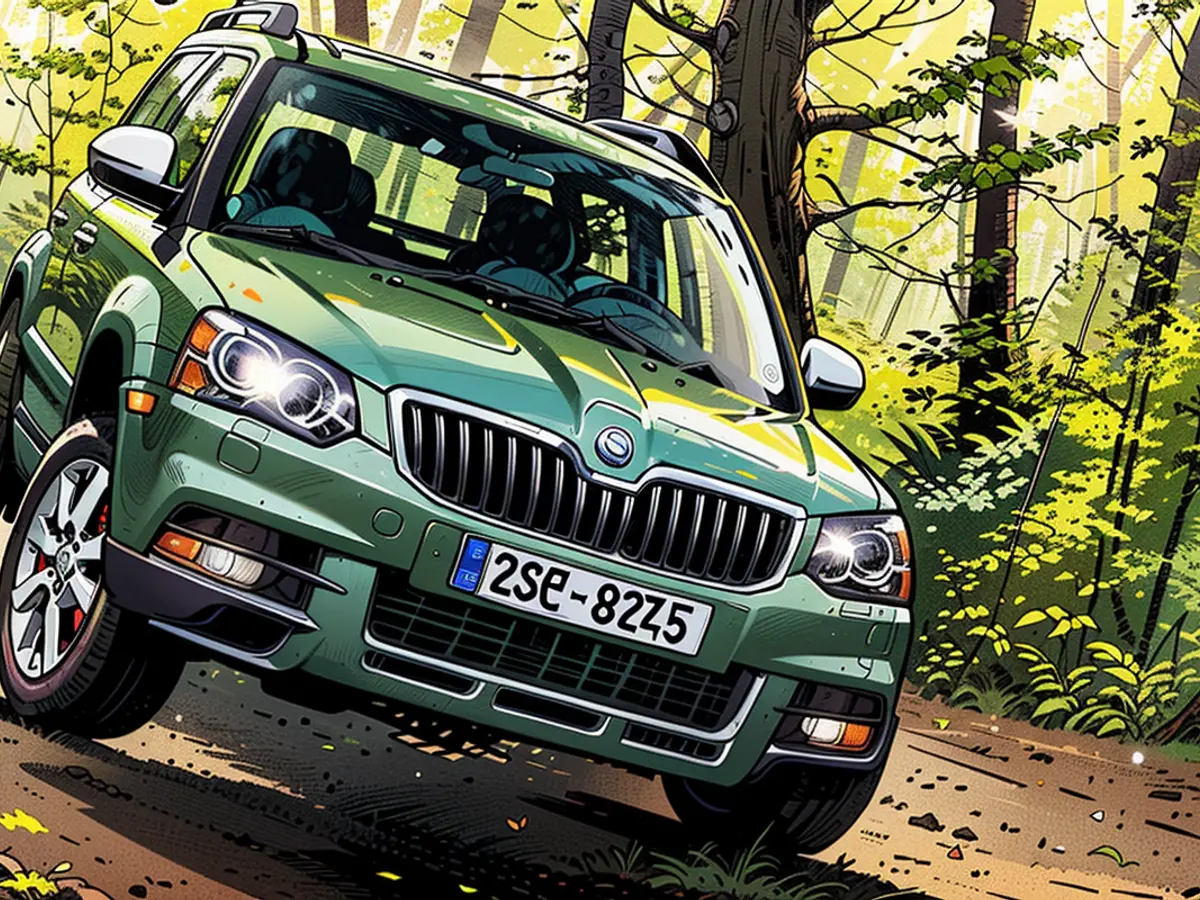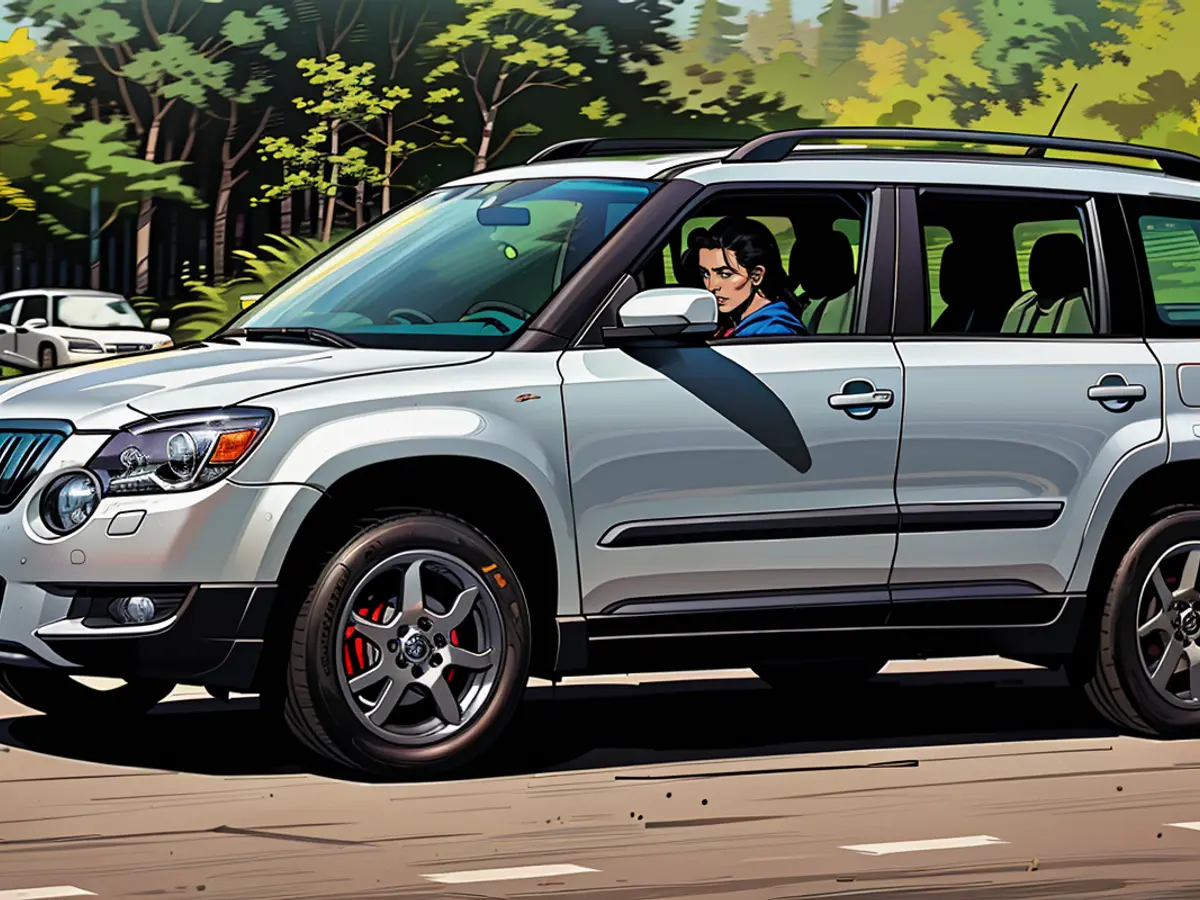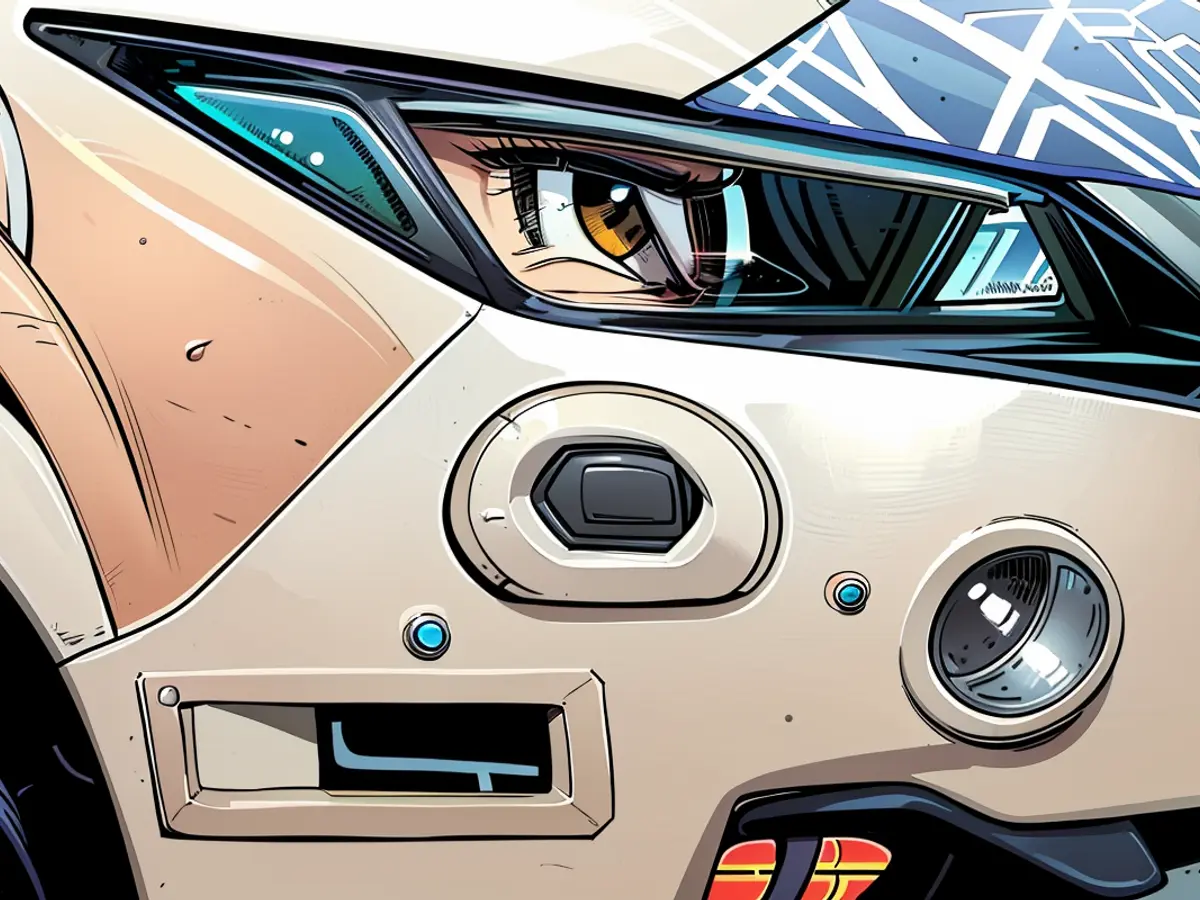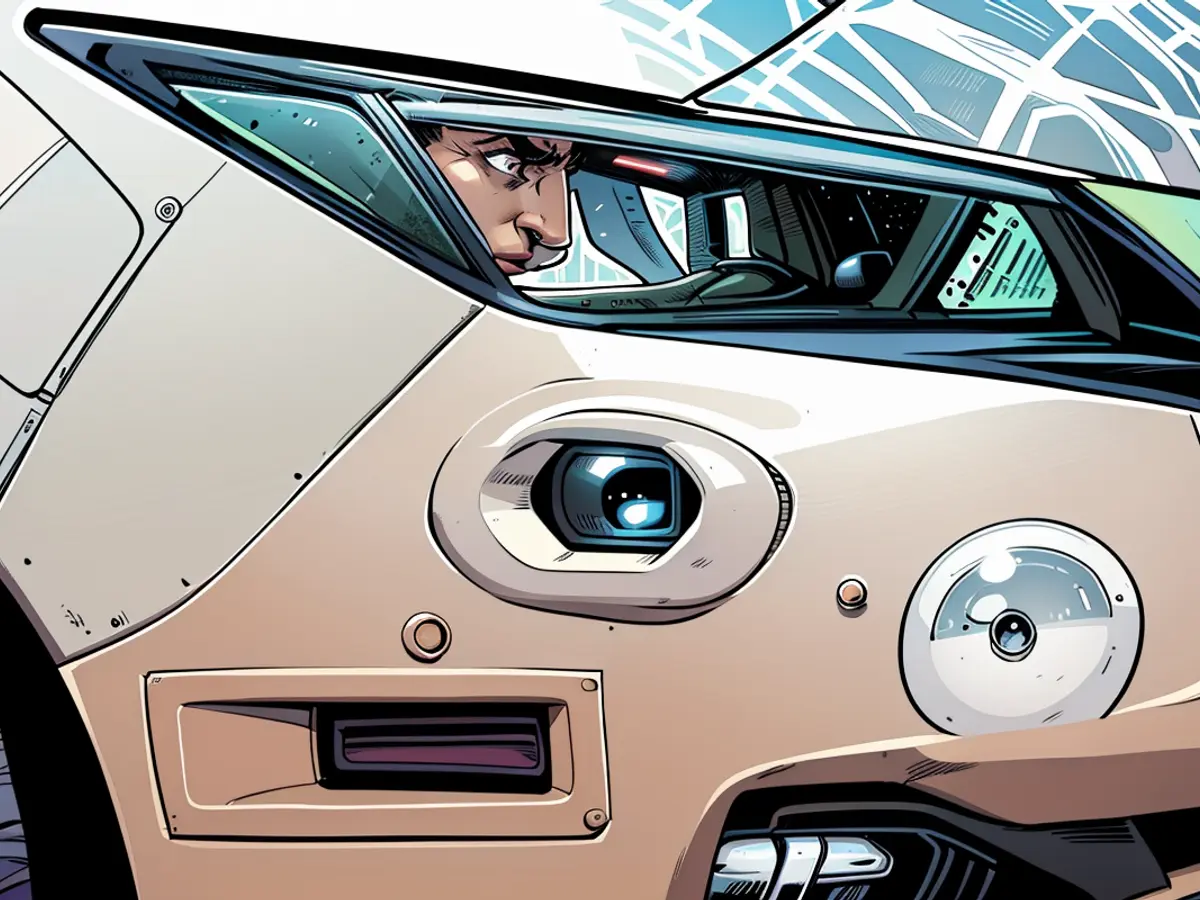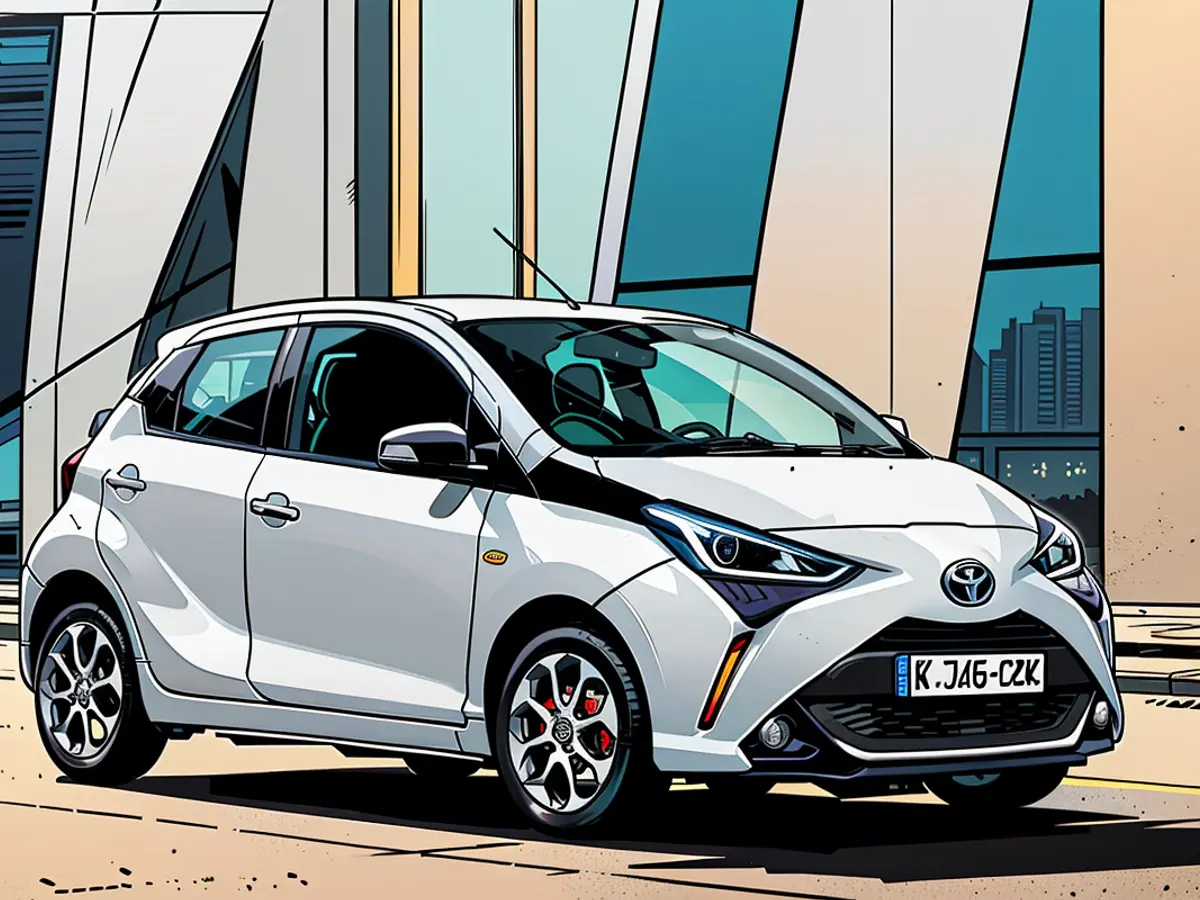Skoda Yeti - more reality than appearance
Practical Pragmatist: The Skoda Yeti is not particularly striking in terms of its exterior. However, its inner values make up for it. It is practical and versatile, as well as solidly built; Yetis have performed well in TÜV inspections below the average error rate. However, there are some criticisms.
The Skoda Yeti had a short life as a car. In 2017, it was replaced by the Karoq. Its quality and practical aspects were not the issue, but rather its appearance, which did not match the expected SUV design.
Quality
In TÜV inspections, Yeti vehicles have performed below the average error rate. However, they are not without fault. TÜV testers criticize the lighting system and brake discs. Older models often suffer from oil loss. Used car buyers should also pay attention to ensure their desired model does not have problems with the timing chain. The 1.2-liter turbobenziner causes issues in this regard, but the 1.4-liter turbos are also affected.
Body and Interior
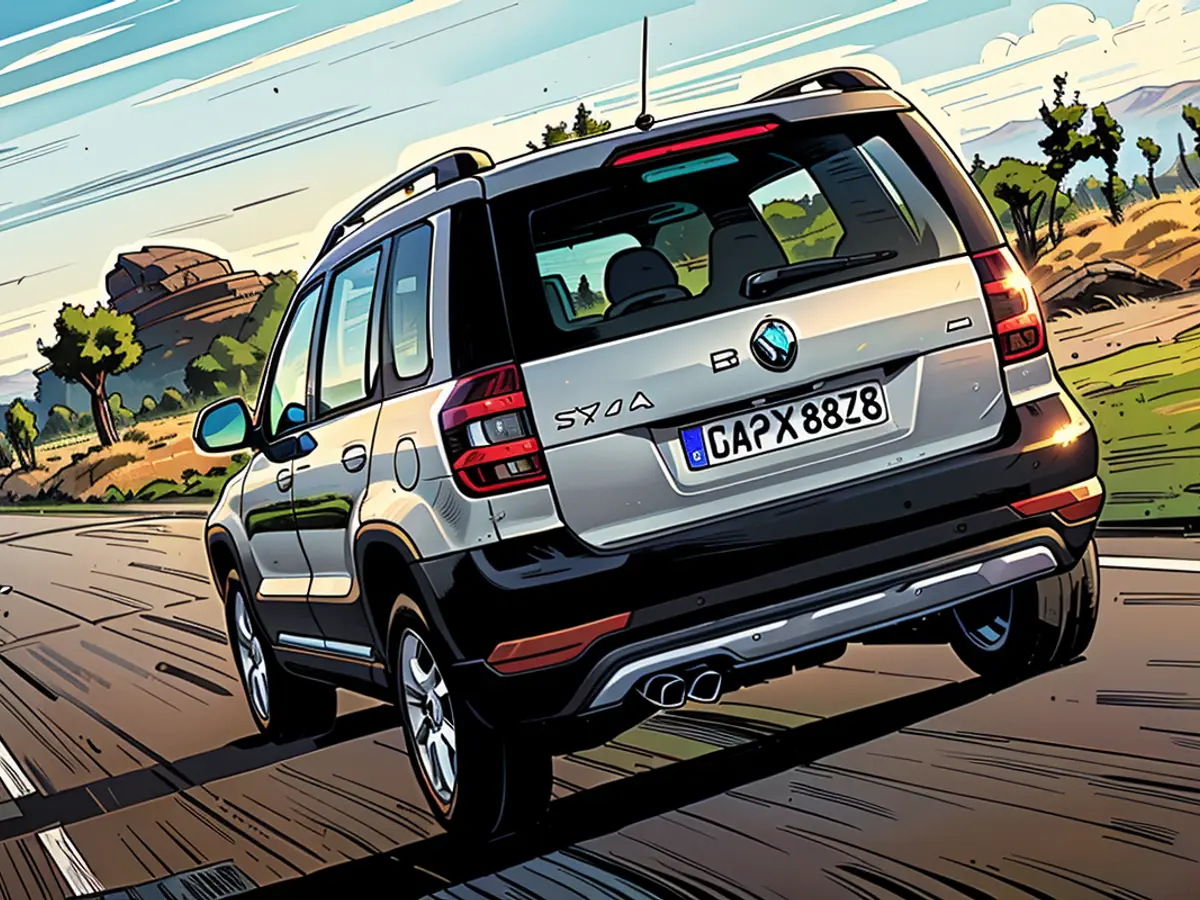
The 4.22-meter long Skoda Yeti was designed with practical considerations in mind and resembles a high-roof combi more than a compact SUV. It scores points for space and versatility. The three rear seats can be moved longitudinally, and the middle seat can be removed. The outer seats can also be moved towards the middle. Those who need the entire rear for cargo can remove all three seats.
The passengers benefit from the spacious feeling provided by its height of nearly 1.70 meters and the straight roofline. The cargo volume varies between 416 and 1760 liters depending on the seat configuration.
At the end of 2013, the Czech received a facelift, recognizable by changed headlights and a new grille. Skoda also offered the Yeti in two versions: City and Offroad. The Offroad version featured black plastic on the bumpers and fenders, while the corresponding parts on the City version were painted in the car's color.
Engines and Drive
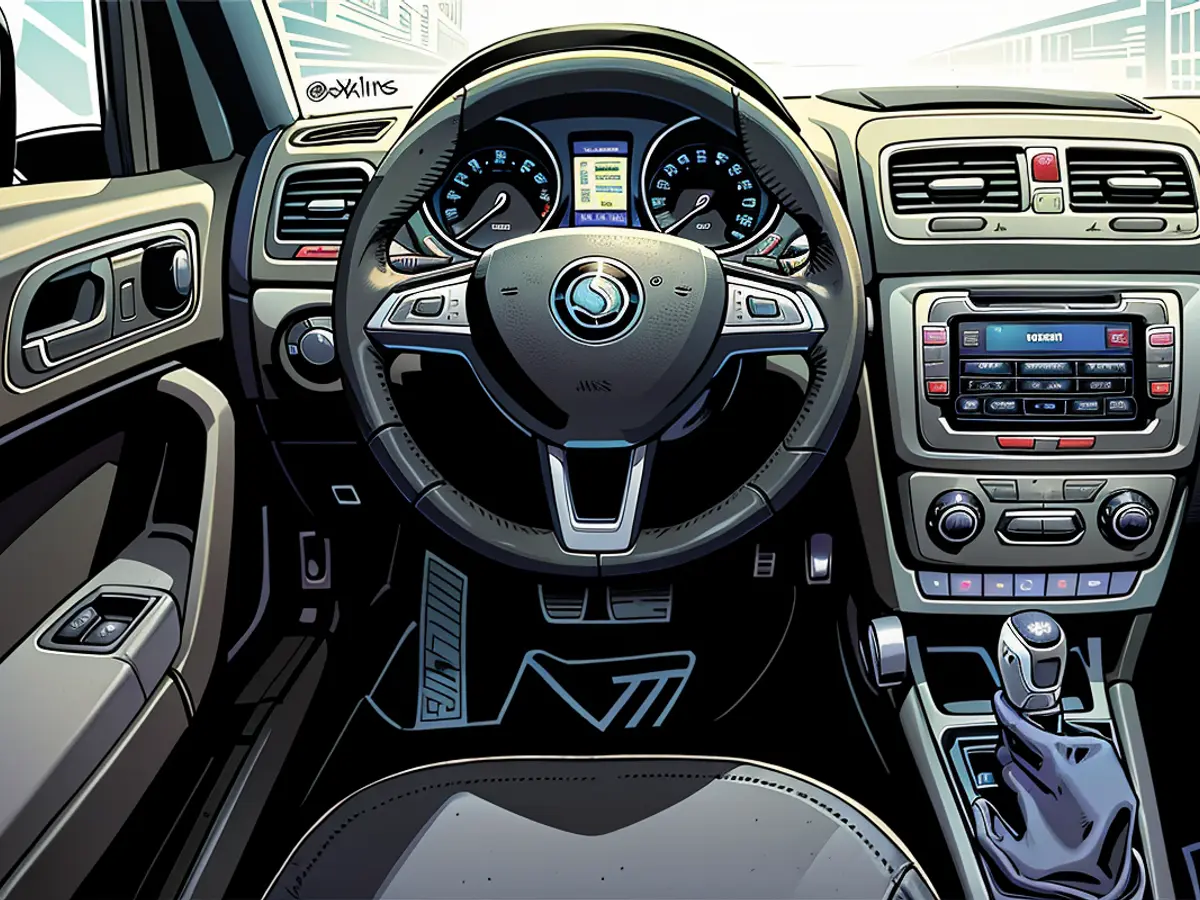
Buyers could choose between four-cylinder gasoline and diesel engines and front- or all-wheel drive. The engines came from the VW Group's engine pool. Only with front-wheel drive was the 1.2-liter turbobenziner with 77 kW/105 PS and the 1.4-liter turbo with 90 kW/122 PS available. Those seeking all-wheel drive and a benziner had to opt for the 1.8-liter turbo, which was available in power outputs of 112 kW/152 PS and 118 kW/160 PS. The fuel consumption figures ranged from 6.4 to 8 liters.
Only with front-wheel drive was the 1.6-liter diesel with 105 PS available. In contrast, the 2.0-liter diesel was available in power outputs of 81 kW/110 PS, 103 kW/140 PS, and 125 kW/170 PS, either as standard or as an option with all-wheel drive. On average, 4.6 to 6.1 liters flowed through the diesel lines. With the facelift, Skoda streamlined the engine lineup. The 1.8-liter turbobenziner was discontinued, while the 1.4er received a new version with 110 kW/150 PS and all-wheel drive. The diesels remained in the lineup with 110 PS and 150 PS (previously 140 PS).
Equipment and Safety
Early buyers could choose from various equipment packages and options, including a touchscreen infotainment system, parking assistance, and a panoramic sunroof. The Yeti also offered advanced safety features like lane departure warning, adaptive cruise control, and a rearview camera. The car received good ratings in crash tests.
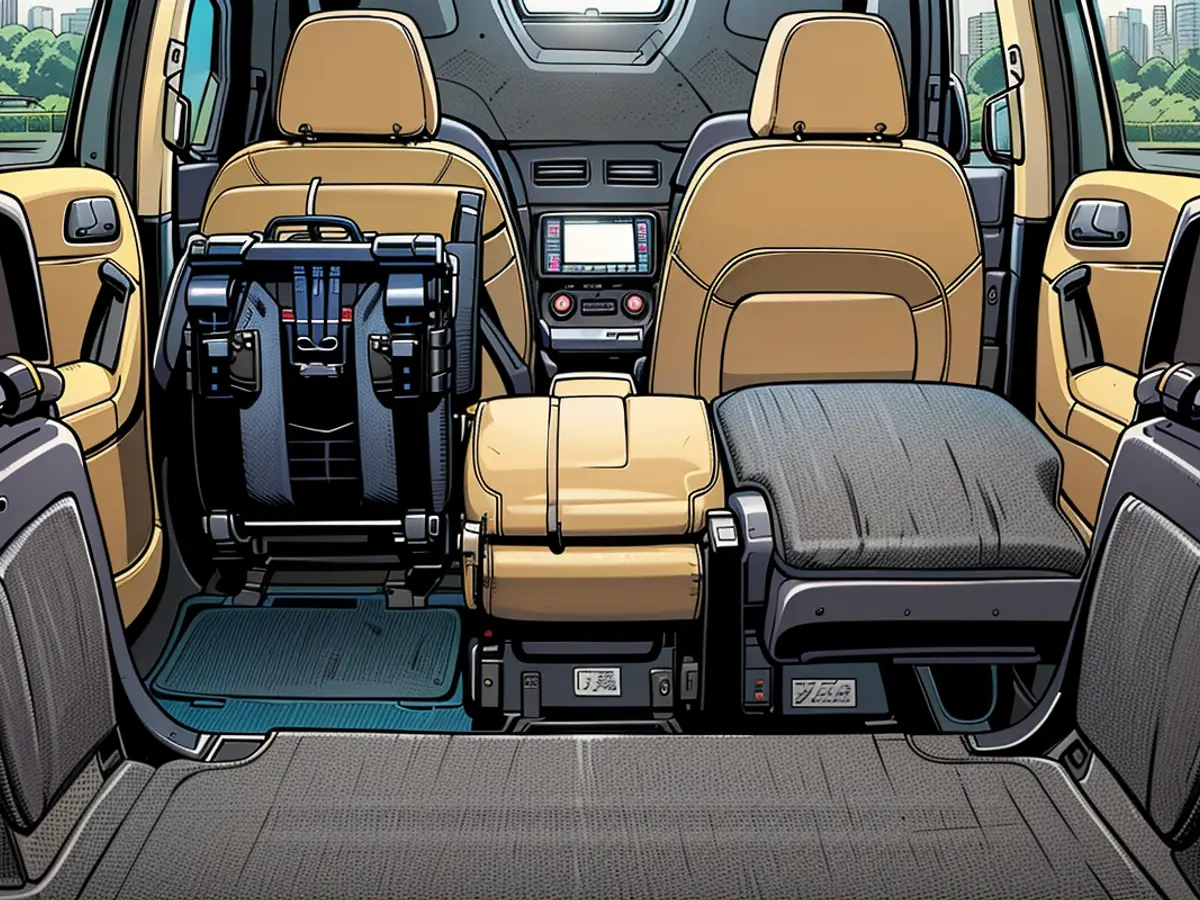
Those who value comfort, let the "Easy" and "Active2" links lie and look for vehicles in the comfort levels "Ambition", "Elegance", and "Laurent & Klement". For "Ambition", features such as radio and climate control were part of the standard equipment. "Elegance" and "Laurent & Klement" offered additional features like Bi-Xenon headlights, rear camera, leather, navigation, and two-zone climate control. Special models such as "Monte Carlo" or "Adventure" also had many comfort extras on board. The Yeti came with ESP as standard from the beginning.
Summary
The Skoda Yeti may not win a beauty contest, but it is practical and versatile, solidly built, and comes with all-wheel drive. Currently, around 1000 used Skoda Yeti models are offered for sale on mobile.de. Prices start at around 3000 Euro.
Despite its short lifespan in the automobile market, used Skoda Yeti cars are still popular due to their reliability. Many Skoda Yeti models with Skoda models like the Skoda Fabia and Skoda Octavia share the same MOT passing rate, indicating their robustness. When buying a used Skoda Yeti, it's essential to check for potential issues with skoda models known for certain problems, such as the timing chain in the 1.2-liter turbobenziner engine.
